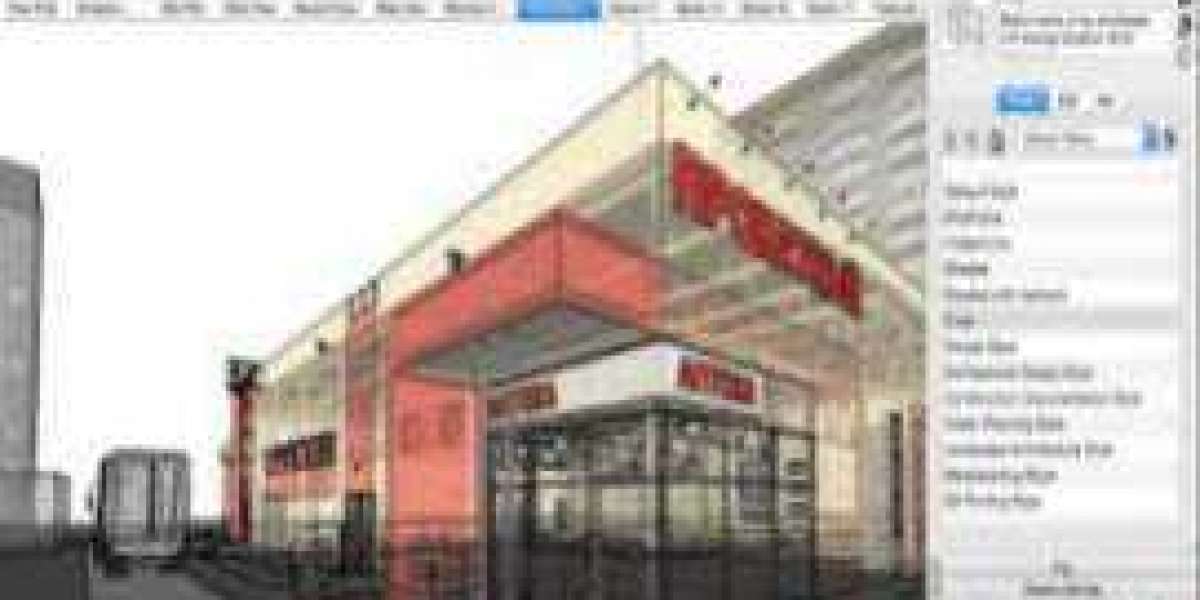When it comes to transporting large, heavy, or oddly shaped items, flatbed rentals offer one of the most versatile and efficient solutions. Whether you're a construction contractor hauling building materials or a homeowner moving oversized furniture, flatbed trucks provide the open space and load capacity needed for challenging transport tasks.
In this guide, we’ll cover everything you need to know about flatbed rentals—from their benefits and common uses to rental tips and cost considerations.
What is a Flatbed Truck?
A flatbed truck is a vehicle with a completely flat, open bed and no sides or roof. This design makes it easier to load and unload large or irregularly shaped items from the back or sides using forklifts, cranes, or manpower. Flatbeds are especially popular in industries like construction, landscaping, shipping, and logistics.
Common Uses of Flatbed Rentals
Flatbed trucks are rented for a variety of purposes, including:
- Construction materials: Ideal for transporting lumber, steel beams, scaffolding, and other bulky items.
- Machinery: Frequently used to haul heavy equipment such as forklifts, tractors, and generators.
- Large furniture or appliances: Useful for moving large home items that won’t fit into a box truck.
- Landscaping: Perfect for hauling sod, rocks, trees, or large amounts of soil.
- Event setups: Used to transport stages, lighting rigs, and tents for outdoor events or festivals.
Types of Flatbed Rentals
Flatbeds come in different configurations to suit specific needs:
- Standard Flatbeds: Most common, suitable for general cargo.
- Gooseneck Flatbeds: Offer better maneuverability and greater load capacity, often used for hauling vehicles or heavy machinery.
- Drop Deck or Step Deck Flatbeds: Have a lower bed height, which is ideal for taller loads that exceed height restrictions on standard trailers.
- Removable Gooseneck (RGN): Allow the front of the trailer to be detached so equipment can be driven directly onto the deck.
- Tilt Deck Flatbeds: The bed tilts at an angle, making it easier to load wheeled machinery or vehicles.
Benefits of Renting a Flatbed
1. Cost-Effective
Buying a flatbed truck can be expensive, especially if you only need it for a short period. Renting allows you to access the vehicle without a long-term financial commitment.
2. Flexibility
Flatbed rentals are available in a variety of sizes and configurations, making it easy to choose one that best fits your specific hauling needs. You can rent by the hour, day, or week depending on your schedule.
3. No Maintenance Hassles
When you rent, you don’t have to worry about insurance, upkeep, or repairs—these are typically handled by the rental company.
4. Wide Availability
Most major truck rental companies offer flatbed options in urban and suburban areas, meaning you can find a rental quickly and easily.
Cost Considerations
The cost of renting a flatbed truck depends on several factors:
- Size and type of truck: Larger or specialty flatbeds (e.g., tilt decks, RGNs) cost more.
- Rental duration: Rates may be hourly, daily, or weekly. Longer rentals often come with discounted rates.
- Distance: Some rentals include mileage limits; exceeding them may incur additional fees.
- Location: Prices can vary depending on your region and the demand for trucks.
- Additional features: Lift gates, winches, or toolboxes may add to the rental price.
On average, daily rental costs can range from $100 to $300+, depending on the truck type and location. Always request a detailed quote from the rental company and read the terms carefully.
How to Choose the Right Flatbed Rental
Here are a few key points to consider when selecting a flatbed rental:
- Weight Capacity: Know the weight of your load and ensure the flatbed can handle it safely.
- Dimensions: Check the length, width, and height of the truck bed to ensure it fits your cargo.
- Accessibility: Choose between standard or tilt decks based on how you plan to load/unload.
- Licensing Requirements: Some larger flatbed trucks may require a commercial driver’s license (CDL) to operate.
- Insurance: Confirm what insurance is included and whether you need to provide your own coverage.
Tips for Renting a Flatbed
- Book Early: Especially during peak moving or construction seasons.
- Inspect Before Use: Check for any damage or mechanical issues before driving off.
- Secure Your Load: Use straps, chains, and tarps to keep items safe during transport.
- Plan Your Route: Be mindful of road restrictions, low bridges, and tight turns that may be difficult for large vehicles.
- Return On Time: Late returns can incur additional fees, so schedule accordingly.
Where to Rent a Flatbed Truck
Several national and regional companies offer flatbed rentals:
- U-Haul
- Penske
- Enterprise Truck Rental
- Home Depot
- Sunbelt Rentals
- Local equipment or truck rental companies
Some providers specialize in flatbed rentals for commercial purposes, while others cater to both businesses and individuals. Always compare options based on availability, reviews, and pricing.
Final Thoughts
Flatbed rentals are a smart and flexible choice for transporting large or unconventional items. Whether you're tackling a construction project or handling a one-time delivery, renting a flatbed truck can help you get the job done safely and efficiently—without the cost or commitment of ownership.
Before renting, assess your needs, research providers, and understand the rental terms to ensure a smooth experience. With the right flatbed and a solid plan, even the biggest hauling job becomes manageable.
Let me know if you'd like a version tailored for SEO, targeting a specific audience (like contractors or event planners), or formatted for web/blog publication!














